The U.S. and Iran are locked in a tough confrontation for forty years. They do not have direct diplomatic relations and are engaged in a major ideological war, playing an important role on the geopolitical map of the world at the same time.
Nonetheless, although Tehran and Washington have turned into two hostile camps over years of the stand-off, they occupy identical or paradoxically close positions on a handful of issues.
HERE ARE SOME OF THEM
-
ASSASSINATION OF JAMAL KHASHOGGI IN 2018
The brutal assassination of The Washington Post writer Jamal Khashoggi in the Saudi Arabian Consulate General in Istanbul became one of the most resounding high-profile crimes.
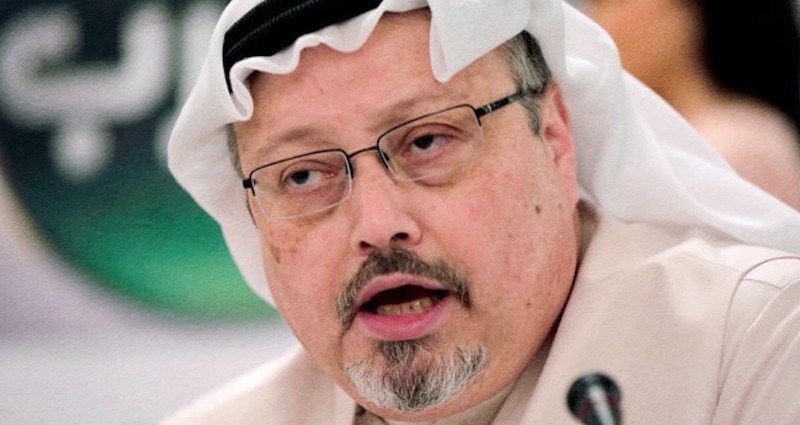
U.S. Congressmen and the Iranian parliament condemned it and accused the Saudi authorities, and specifically Crown Prince Muhammad bin Salman, of a purported murder.
- Mike Pompeo, the US secretary of State: “Arabia should hold to account “every single person” responsible for killing the dissident journalist Jamal Khashoggi”
- Senator Lindsey Graham, Republican of South Carolina: “There is high confidence” Mohammed bin Salman was complicit in the killing of Jamal Khashoggi.
- Senator Richard C. Shelby, Republican of Alabama and the Appropriations Committee chairman: “All evidence points to that, that all this leads back to the crown prince”
- Alaeddin Boroujerdi, a member of Iranian parliament’s foreign relations committee: “Saudi Arabia has shown its true face with the killing of this journalist and political activist”
- Iranian Parliament Speaker’s Special Aide Hossein Amir-Abdollahian: “Saudi Arabia as the human rights violator in Yemen and Bahrain, and the perpetrator of Jamal Khashoggi’s death, should be expelled from the UN Human Rights Council”
-
THE PERSECUTION OF THE ROHINGYAS IN 2016 AND 2017
Myanmar’s government believes the Rohingya people are illegal immigrants from neighboring Bangladesh. Religious conflicts that flared up in Rakhine State in Myanmar many a time have led to clashes between the Moslems and local Buddhists. Thousands of people have fallen victim to violence in recent years. The persecution of the Rohingyas by the Myanmar armed forces escalated in 2016 and 2017.
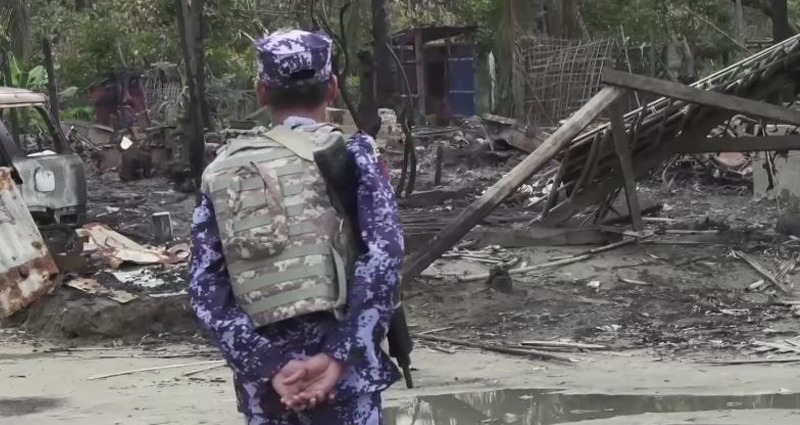
U.S. reaction
Washington urged the Burmese authorities and security forces to put an unconditional end to violence and to support diplomatic efforts towards a resolution of the conflict for the long term.
- White House spokesperson Sarah Huckabee Sanders: “The United States is deeply troubled by the ongoing crisis in Burma where at least 300,000 people have fled their homes in the wake of attacks on Burmese security posts on 25 August. We reiterate our condemnation of those attacks and the ensuing violence.”
- U.S. Secretary of State Mike Pompeo: “The U.S. will continue to hold those responsible accountable. The military must respect human rights for Burma’s democracy to succeed.”
Iran’s reaction
President Hassan Rouhani of Iran condemned the ‘harsh crimes’ of the Myanmar government and called on the leaders of Southeast Asian nations to stop the ‘inconceivable ethnic purges’ of the religious minority. He also urged the counterpart leaders of Islamic countries to help the Rohingya fellow-Moslems.
- Iranian President Hassan Rouhani: “We are all aware of the plight of Rohingya Muslims. Tens of thousands—nearly 100,000— of people are either displaced or killed; their corpses are set on fire and so are their homes. We call on the Myanmar government to end these brutal crimes and stop the army’s ongoing rampage”.
- Mohammad Javad Zarif, Iran’s foreign minister: “Global silence on continuing violence against Rohingya Muslims. International action crucial to prevent further ethnic cleansing—UN must rally. We must act now before it’s too late”.
-
PEACE TALKS IN ASTANA IN 2017 ON SETTLING THE CONFLICT IN SYRIA
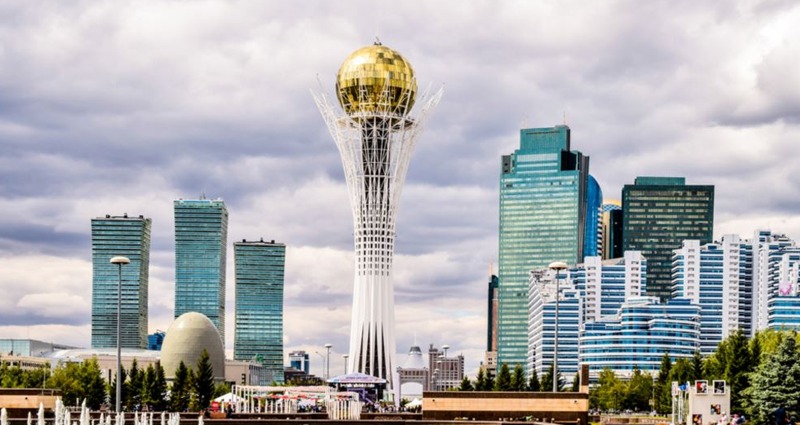
Iran’s role
Iran acted as a guarantor country at the talks on settling the conflict in Syria (the Astana process, January 23-24, 2017) in cooperation with Turkey and Russia.
America’s role
The UN delegation took on the role of a mediator while the U.S. delegation had an observer status at the talks. At subsequent meetings, U.S. officials also acted as mediators.
- SADDAM HUSSEIN’S ARREST IN 2003
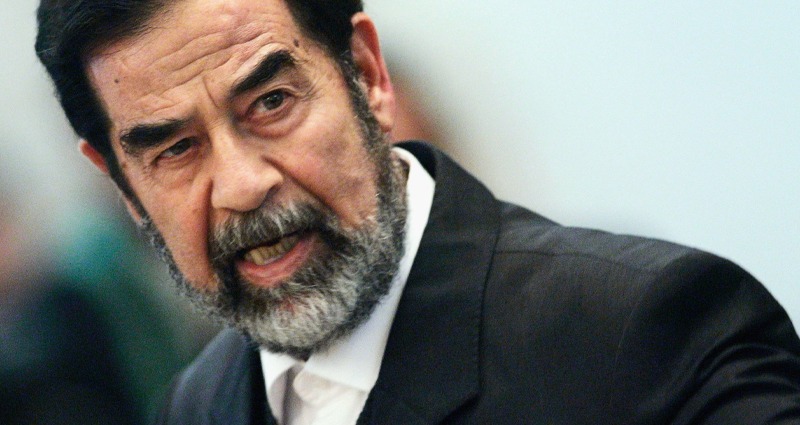
Saddam Hussein’s government fell on April 17, 2003. The Americans and their coalition allies established control over the entire Iraqi territory by May 1, 2003. Saddam was arrested on December 13, 2003, in the course of a U.S. sting operation.
U.S. reaction
U.S. Administration officials hailed Saddam’s arrest.
President George W. Bush: “The former dictator of Iraq will face the justice he denied to millions. In the history of Iraq, a dark and painful era is over. A hopeful day has arrived. All Iraqis can now come together and reject violence and build a new Iraq”.
Iran’s reaction
The Iranian people and its leaders assessed Saddam’s arrest positively.
- Ali Khamenei, the supreme leader of the Islamic Republic of Iran: “The great joy of the Iranian people over the arrest of Saddam Hussein deserves encouragement.”
- Mohammad Khatami, the former President of Iran: “This regime has fallen today and Saddam has been arrested. His arrest can be called a positive measure.” Mohammad Khatami supported the U.S. President George W. Bush, who said Saddam deserved a death penalty.
- Hamid-Reza Asefi, the official spokesman for the Iranian Foreign Ministry: “We’re glad together with the people of Iraq. Beyond any doubt, Saddam Hussein’s arrest and punishment will make all the Iranians joyous, and especially the relatives of those who died or were wounded during the Iran-Iraq war.”
-
SADDAM HUSSEIN’S EXECUTION IN DECEMBER 30, 2006
U.S. reaction
The White House welcomed the execution of Saddam Hussein as a manifestation of justice and the will of the Iraqi people to build life on the basis of lawfulness.
Iran’s reaction
Iran hailed Saddam’s execution. It believed that the death of the “bloodiest dictator of the century” a new era for the people of Iraq would begin.
Hamid Reza Asefi, deputy Iranian foreign minister: “ The people of Iraq are the victor in the issue of Saddam’s hanging, just as they were the main victor in his fall.


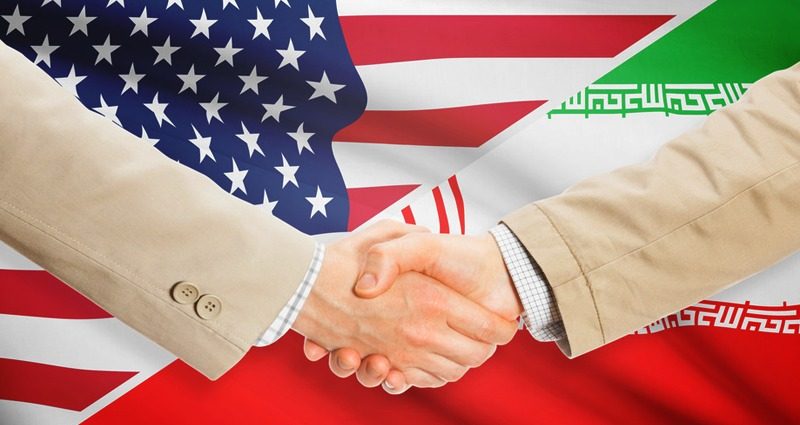






Leave a Reply